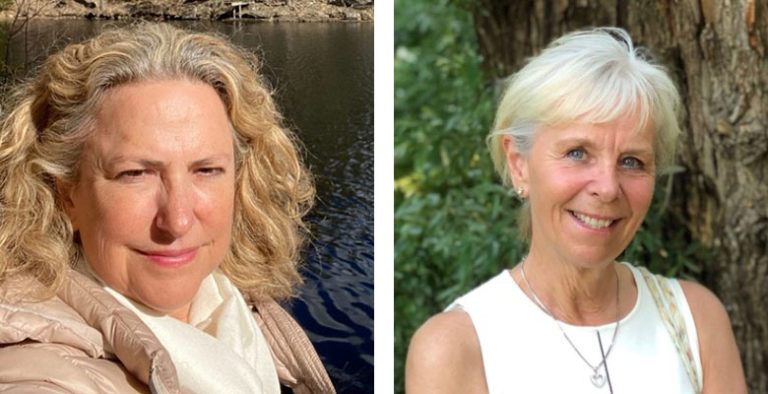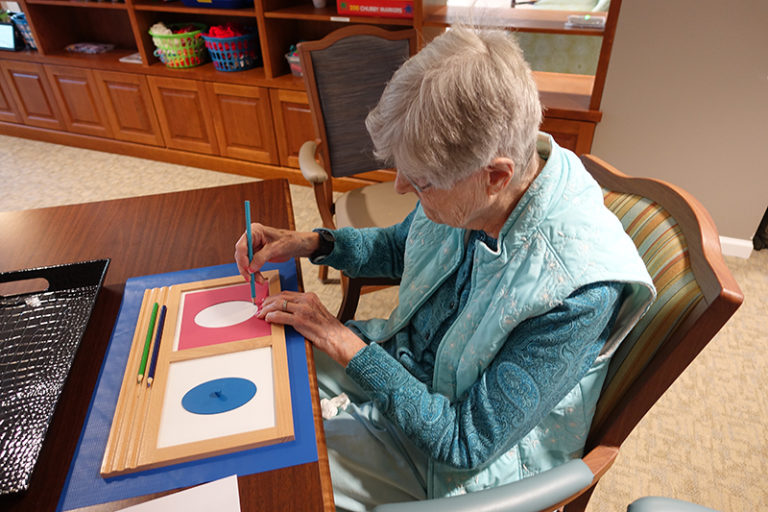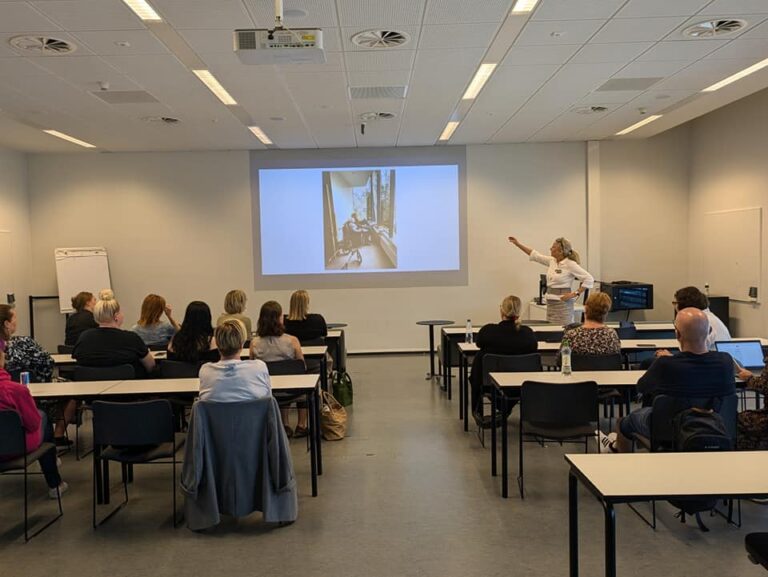
Similar Posts
Montessori Thought for the Week
Roles Help to Give our Lives Meaning A role is the purpose that someone has in a situation, organization, society, or relationship. Every day in our lives we play a variety of roles. We may be a mother, father, spouse, teacher, manager, child, neighbor, care partner, volunteer, etc. Each of the roles we play have…

Practitioner Symposium Spotlight: Presenters – Carolyn Magnusson and Elisabeth Rydland
Amazing ideas abound when Carolyn and Elisabeth share their thoughts and inspirations. During the Practitioner Symposium held in September, 2022, we had the pleasure of Carolyn and Elisabeth discussing what they have been doing to celebrate Montessori for use with elders. Carolyn and Elisabeth are both Montessori trained educators, who, together, founded Montessori Eldre Ressurs…

How to Use Montessori Materials with Older Adults
Just as Montessori classroom teachers guide and support students instead of lecturing to them, Montessori staff guide and support elders instead of doing everything for them. Staff and elders work shoulder to shoulder as equally valued members of a shared community. Elders are invited to take on leadership roles in their areas of interest, such as leading a book discussion group or planning the menu for a holiday meal. Materials for these activities are neatly organized, labeled, and physically accessible all throughout the living area. Staff guide elders with these roles and activities until they build new routines, and their skills improve to the point that most are able to enjoy these activities on their own. In this post, we explore what Montessori roles and activities for elders look like.

Advocating for Montessori Elder Care in Finland: Jennifer’s Fulbright Project
My work through the Fulbright Finland Specialist program in the area of Public/Global Health focused on building staff competencies in person-centered care using the Montessori philosophy of living applied to elders. The Fulbright Specialist project was hosted by MuistiMontessori, the only association in Finland dedicated to applying the Montessori philosophy to individuals living with cogntive…

Announcing a Partnership with Sarasota University!
Brush Development Company and Sarasota University are pleased to offer our Montessori Elder Care Practitioner Certification students a Dual Enrollment option. The Dual Enrollment option is available to students interested in receiving a Montessori Elder Care Practitioner Certification from Brush Development, as well as college credits from Sarasota University. Upon successful completion of the required…

Making the Pitch! Bringing Montessori to Your Care Community
Implementing Montessori involves culture change throughout the community. You can’t do it alone. You will need the full buy-in of your community’s leadership. So how do you prepare the bring this idea to your leadership team? Review the community’s mission and vision. Align your proposal with the organization’s objectives. Whatever you propose for the…

